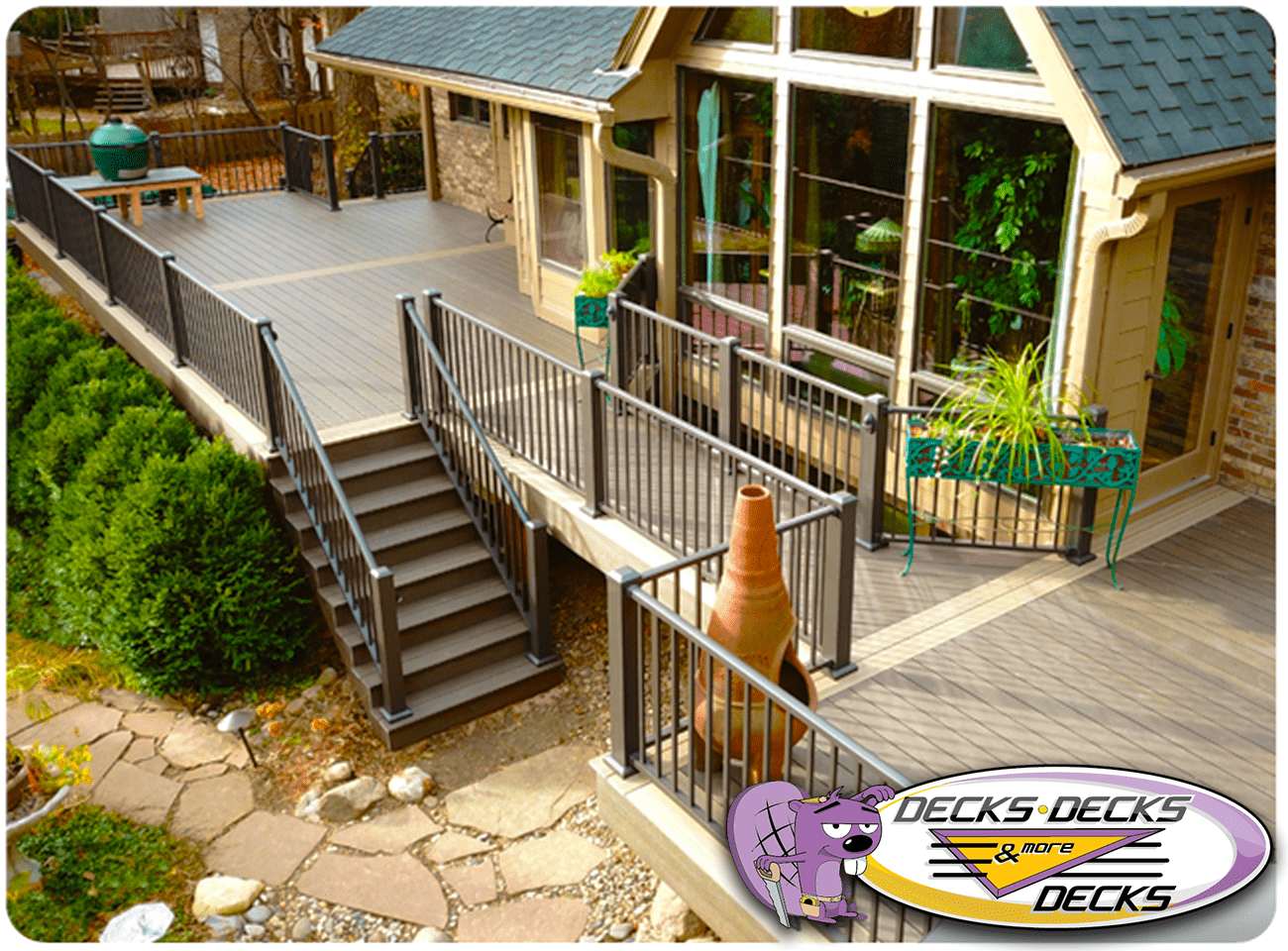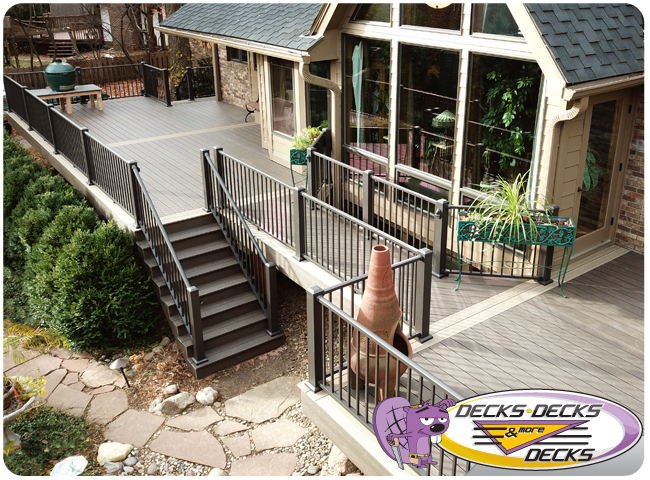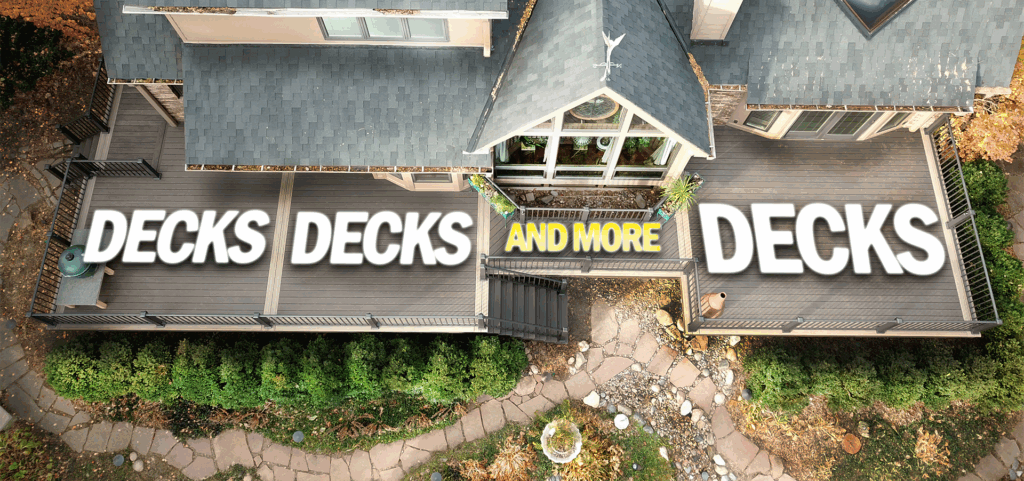Why Are Decks So Expensive? Understanding the Costs Behind Your Outdoor Investment
If you’ve ever looked into building a deck, you might have experienced sticker shock. But why are decks so expensive? From materials and labor to design and local building codes, several factors contribute to the overall cost. Let’s break down the reasons behind the price tag and explore why investing in a quality deck is worth every penny.
1. Material Costs: The Foundation of Expense
Deck materials play a significant role in the cost of building a deck. While wood is often seen as the traditional choice, options like composite and PVC decking have become popular for their durability and low maintenance. Here’s how materials affect the price:
- Wood: Pressure-treated lumber is the most affordable option but requires regular upkeep. Cedar and redwood, while more expensive, offer a natural look with greater resistance to weathering.
- Composite and PVC: These low-maintenance options have a higher upfront cost but save money over time by eliminating the need for staining or sealing.
The quality and longevity of the material you choose significantly impact the overall cost.
2. Labor Costs: Skilled Work Doesn’t Come Cheap
Deck installation requires skilled labor, from proper footing installation to precise railing placement. Labor costs include:
- Design: Custom deck designs take more time and expertise to plan.
- Construction: Cutting, fastening, and aligning deck boards and railings require precision and craftsmanship.
- Compliance: Professionals ensure your deck meets local building codes, which is critical for safety and legality.
Hiring experienced contractors ensures your deck is built safely and efficiently, but their expertise comes at a premium.

3. Design Complexity: Customization Adds Up
The more intricate the deck design, the higher the cost. Features like multi-level layouts, built-in seating, and custom railings require additional materials and labor. Even small design choices, like choosing unique railing styles or lighting systems, can increase the overall price. A simple rectangular deck will always cost less than an elaborate custom design.
4. Local Building Codes and Permits
Every deck must meet local building codes to ensure safety and structural integrity. Adhering to these codes may require:
- Specific footing depths.
- Railings of a certain height.
- Load-bearing requirements.
Obtaining permits and inspections adds to the overall cost but ensures your deck is built to last and meets all regulations.
5. Long-Term Value: Investing in Durability
While the upfront cost of a deck can seem high, it’s essential to consider the long-term value. A well-built deck:
- Adds curb appeal and increases property value.
- Creates a functional outdoor space for relaxation and entertaining.
- Reduces maintenance costs when made with durable, low-maintenance materials.
The investment pays off in enjoyment and longevity, making it a worthwhile addition to your home.
6. Ways to Reduce Costs Without Sacrificing Quality
If you’re concerned about the expense of a deck, here are a few tips to manage costs:
- Opt for a simpler design with fewer custom features.
- Consider mid-range materials like composite decking to balance upfront cost and maintenance savings.
- Build during the off-season, when contractors may offer lower rates.
- Work with reputable contractors who provide transparent pricing and quality craftsmanship.
Final Thoughts: The Real Value of a Quality Deck
Decks are expensive because they involve quality materials, skilled labor, and thoughtful design. While the initial cost might be steep, a well-built deck is an investment in your home and lifestyle. By understanding where the expenses come from, you can make informed decisions that fit your budget while ensuring a beautiful, durable deck.
 free estimates: (402) 690-1050
free estimates: (402) 690-1050

